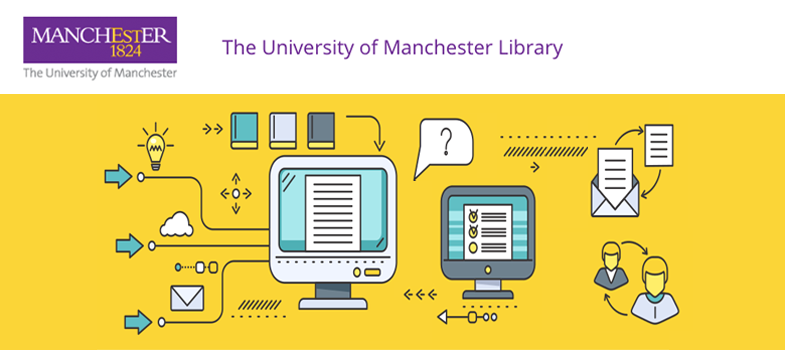How to space your learning
![]() Study in short bursts spread out over the course and return to learned information more than once. This will help you to improve your retention and recall of the information.
Study in short bursts spread out over the course and return to learned information more than once. This will help you to improve your retention and recall of the information.
Plan early
Plan your study time early; little and often is best.
Create a timetable and identify periods of study times around your other commitments.
Review your learning
Review the information from each study session, but not immediately after. Take a break away from your study time and review your notes later.
Review older information
When reviewing information from a recent session, try to revisit important older information to keep it fresh. You may forget some of this older information from day to day, but in doing so your brain is forced to retrieve information, leading to longer lasting learning.
Structure your study
Simply rereading your notes is a passive strategy and you are unlikely to retain information in the long term. Instead, try to adopt other practical learning strategies.
For example, you could create flashcards to include the most important pieces of information or use techniques such as elaboration or interleaving. You could apply the retrieval practice (also known as the testing effect)* to your study by creating tests to complete from content from previous study sessions. Research has consistently shown that frequently testing yourself improves the retention and recall of information.
*Note: these specialist terms are explained in the glossary.
